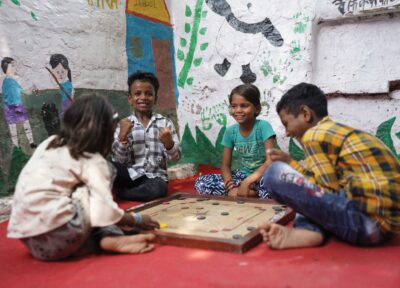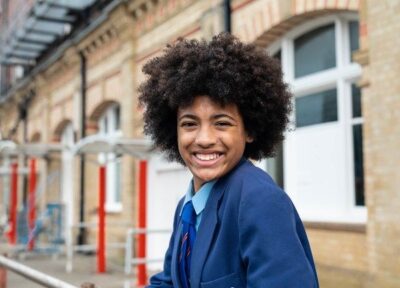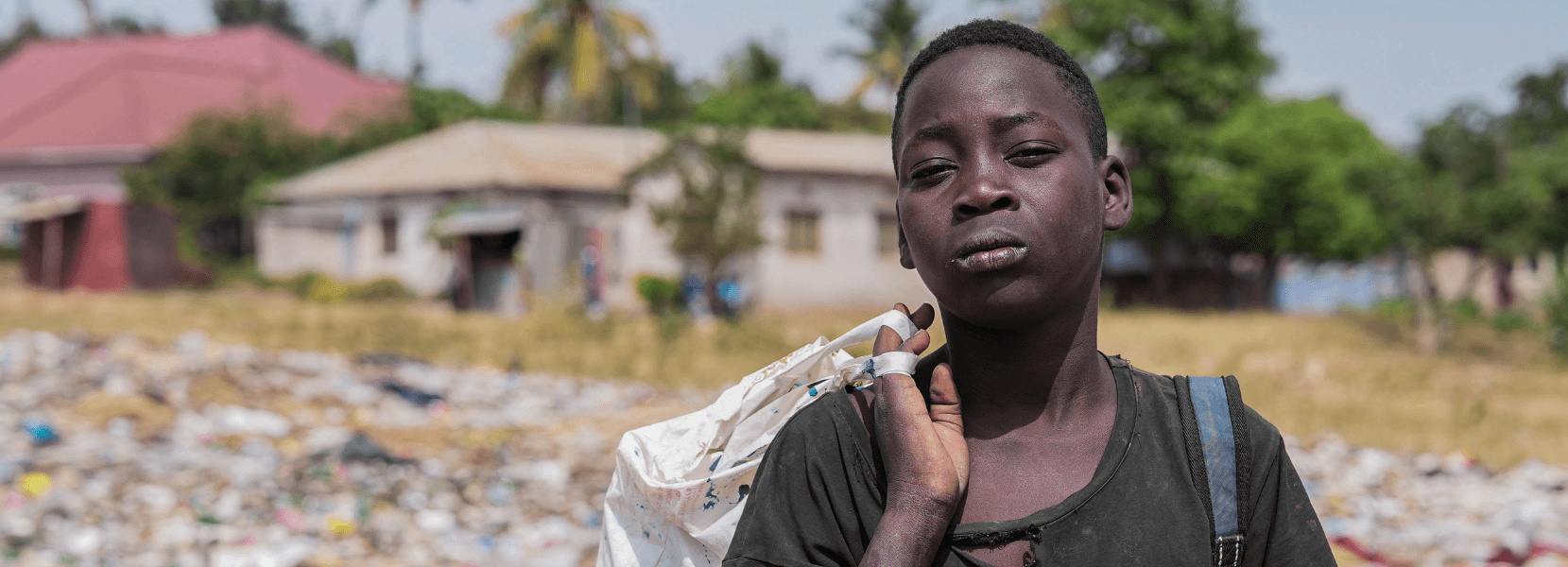
We're tackling: poverty
Growing up in poverty can severely affect children’s health, happiness, and safety – find out how we’re stepping in to help those most vulnerable.
Poverty’s impact on vulnerable children
Around the world, more than 500 million children and young people live in extreme poverty, with less than £1 a day to survive on*.
Poverty is a devastating force that can deprive a child of their rights to safety, security, and education.
For millions of children, the daily struggle for survival begins in a home where there isn’t enough to eat, no access to clean water, and no safe place to sleep.
This constant pressure pushes families to their breaking point, and sadly, it is often the children who bear the greatest burden.
Poverty forces millions of children onto the streets.
When families cannot afford to feed, clothe, or educate their children, they may be sent away or decide to leave in the hope that they can find work or a better life.
How poverty harms a child’s development
Growing up in poverty can have profound and long-lasting effects on a child’s life.
- Lack of education: Children from impoverished backgrounds are far less likely to attend school. Instead, many are forced into child labour to contribute to the family income. Without regular education, they are often trapped in a cycle of poverty, limiting their future opportunities.
- Poor health and nutrition: Poverty leads to malnutrition and a lack of access to healthcare. Children become susceptible to illness, and their physical and cognitive development can be severely impacted.
- Higher vulnerability to exploitation: Without the protection of a stable family, children are at high risk of exploitation, abuse, and trafficking. They may be forced or coerced into dangerous work or become victims of criminal gangs.
- Psychological trauma: The stress and uncertainty of poverty and life on the streets can cause severe mental health repercussions. Children often suffer from anxiety, depression, and post-traumatic stress, which may affect their ability to form healthy relationships and build a stable future.
Meet Aisha
Thirteen-year-old Aisha* felt her dreams slip away, when her parents told her they could no longer afford the materials she needed for school.
Determined to make her own way, Aisha ran away to Dar-es-Salaam, hoping to get into a school there and continue her studies. But without a place to stay or any money, she ended up alone on the streets.
Thankfully, social welfare officers found her and connected her with our team in Tanzania.
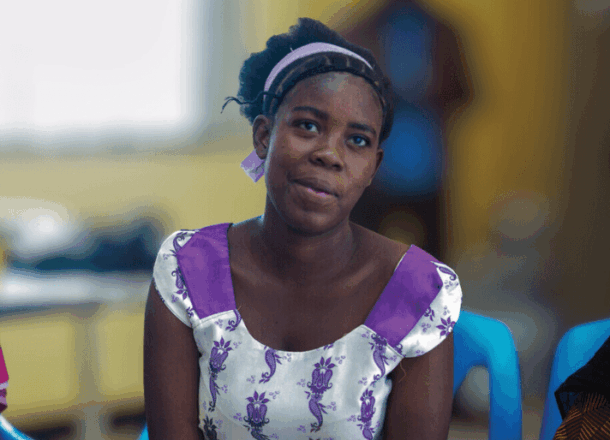
Our response: Breaking the cycle
At Railway Children, we believe that the environment you happen to be born into shouldn’t determine your future chances.
We reach many children who have left homes of extreme poverty, only to find themselves alone and vulnerable in the streets and at transport hubs.
Our holistic approach focuses on not only rescuing children from immediate danger but also on tackling the poverty that put them there.
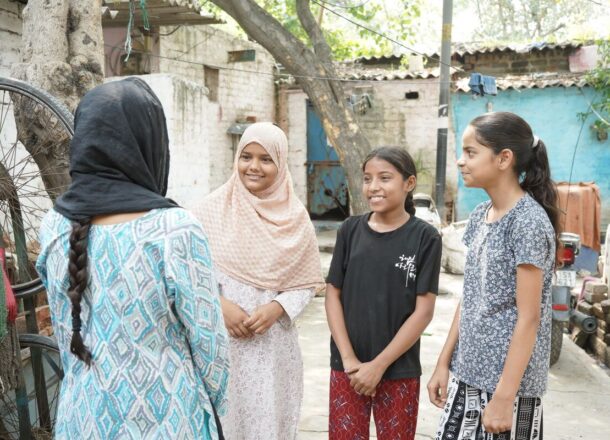
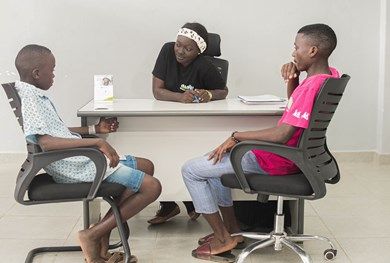
Our frontline teams are ready to identify and protect children who have run away or been abandoned. We provide immediate safety, food, and medical care.
In India, our street outreach workers and child support desks at train stations offer immediate help and support to street-connected children. Young people can find safety and comfort in our shelters while we assess their case and try to trace their families.
Our social welfare service desks at Tanzania’s bus stations are a lifeline for vulnerable people and children travelling through, who can find protection and long-term support.
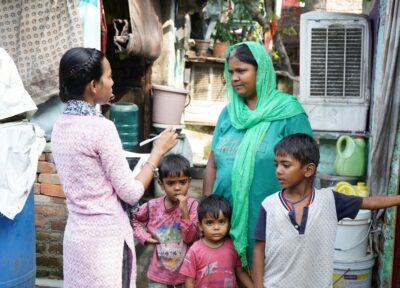
Where possible and safe, we prioritise reuniting children with their families.
If poverty was a reason for the separation, we strive to help the family to address the underlying poverty, such as helping parents find sustainable work, providing counselling, and ensuring the child is enrolled back in school.
In India and Tanzania, we also support parents to access grants and skills-learning programmes to improve their financial situation and be better able to provide for their children.
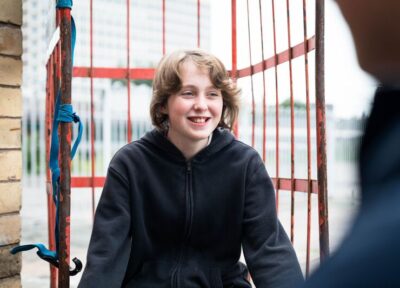
In the UK, our youth practitioners support children in disadvantaged areas to access educational and professional programmes that enable them to pursue their goals.
Young people in Tanzania can learn to become self-sufficient through our Youth Associations, developing the skills needed for a trade of their choice and building support networks with other young people.
In India, Child Activity Centres give street-connected children and parents in vulnerable communities the chance to learn crucial life, parenting and career skills, giving them the tools to improve their financial situation.
By strengthening the social safety nets, we can prevent more children from falling through the cracks.
Find out more
*‘Child poverty’, Save the Children.
